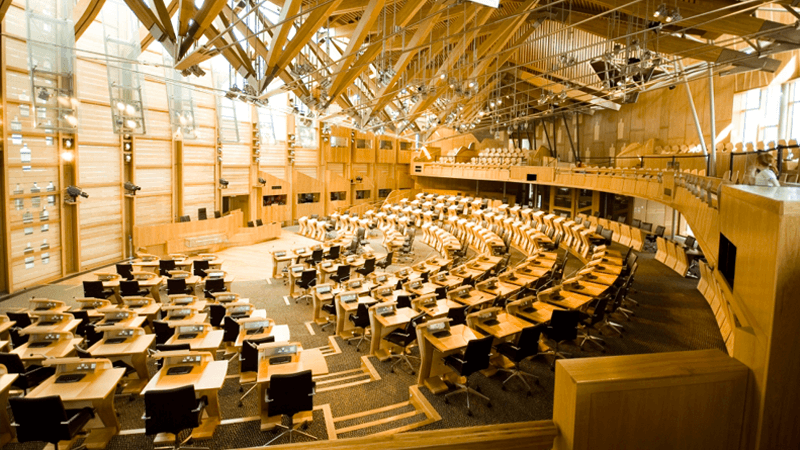The Scottish Government’s hate crime Bill will restrict free speech, the Law Society of Scotland has warned.
Responding to a Scottish Parliament consultation, the professional body for Scottish solicitors criticised the Bill’s “vagueness” and the low threshold for committing a ‘hate crime’, which could censor the expression of views.
The Hate Crime and Public Order (Scotland) Bill would criminalise ‘stirring up hatred’ against people on the basis of certain ‘protected characteristics’, including religion, sexuality and transgender identity. There would be no need to show that stirring up hatred had been intended, or actually happened.
Criminal convictions
Although the Law Society of Scotland believes that current hate crime laws should be revised, its President Amanda Millar stressed that the legislation must preserve “the right to comment or debate on matters”.
Millar said that the Bill’s “lack of clarity” could “in effect lead to restrictions in freedom of expression, one of the foundations of a democratic society.
“We have real concerns that certain behaviour, views expressed, or even an actor’s performance, which might well be deemed insulting or offensive, could result in a criminal conviction under the terms of the Bill as currently drafted.”
‘Highly dangerous’
The Scottish Newspaper Society is also opposing the legislation, warning that it contains “highly dangerous measures” which constitute “a serious threat to freedom of expression in its broadest sense”.
It said: “We accept the purpose of this legislation is not to subject someone like JK Rowling or legitimate media organisations to police investigations for expressing, publishing or broadcasting controversial opinions but we are in little doubt that would be the consequence.
“Social media is awash with people bearing extreme grudges against those with whom they disagree, especially in these times of heightened political tension over so many issues, and this legislation has the potential to put the full force of the law behind them.”
John McLellan, the organisation’s Director, specifically warned that the Bill could provoke vexatious complaints against journalists which could then lead to police investigations, while allowing courts to order the destruction of material could lead to censorship.
‘Misspeaking’
Last week, a top lawyer accused the Scottish Government of failing to define offences included in the hate crime Bill and warned that the proposals would drag people though the courts for ‘misspeaking’.
Thomas Ross QC said: “The language used in the Bill is so difficult to understand that it will be impossible for the man or woman in the street to know when the line is likely to be crossed.”
He concluded: “As a result a lot of interesting debate simply will never take place”.
Jamie Gillies, spokesman for campaign group Free to Disagree, said: “When commentators on the left and the right, lawyers, police officers, secularists, Christians, and feminists are all singing from the same hymn sheet there must be a serious problem.”
Also see:
Scottish Labour: ‘Hate crime Bill could threaten free speech’
New campaign: ‘Hate Crime Bill a serious threat to free speech’


